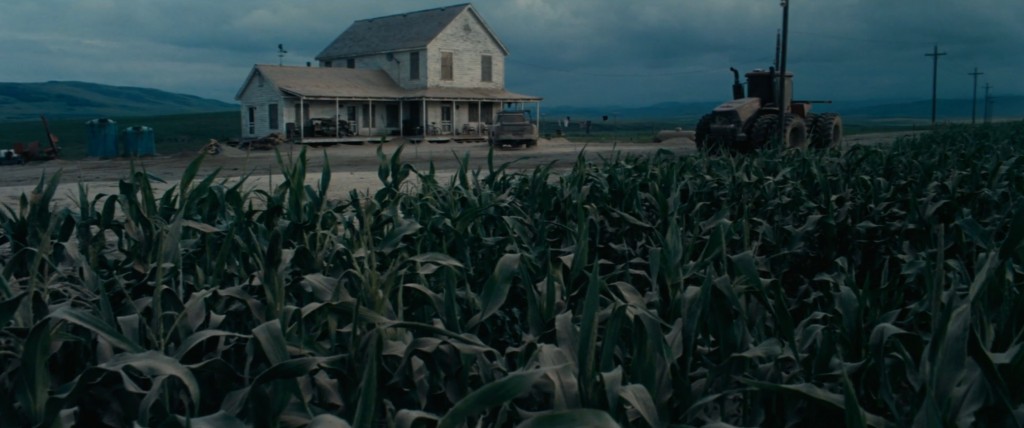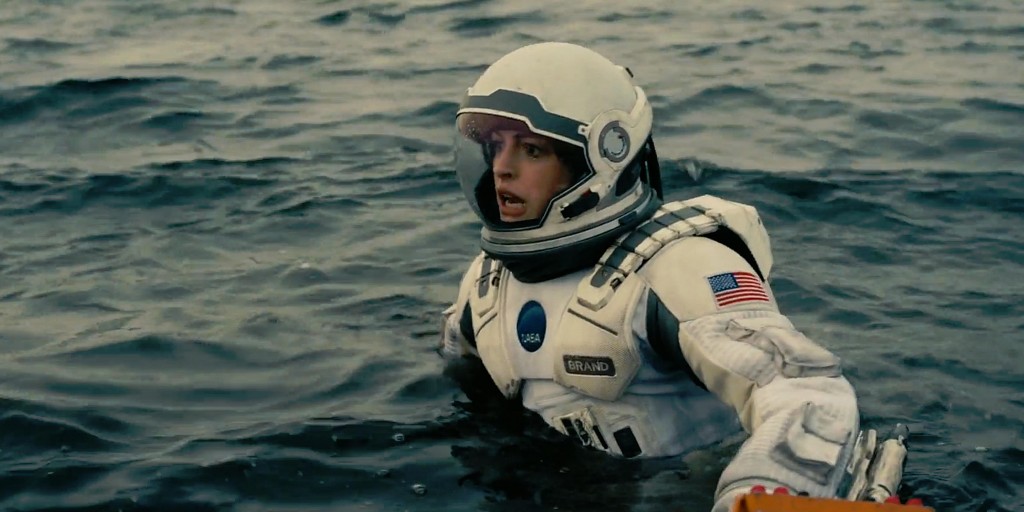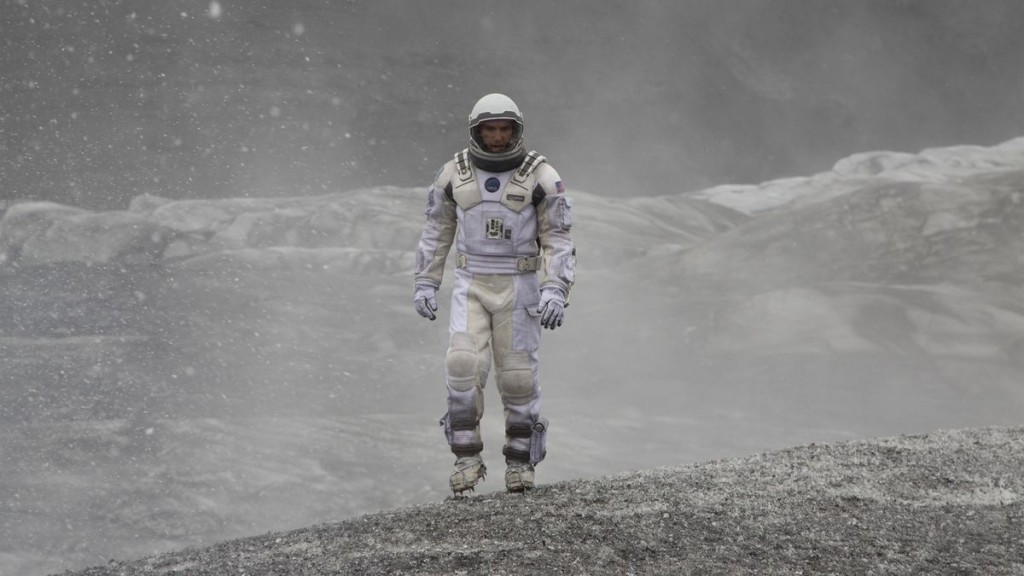As a voluntarily choice, I love making nonfiction films. And I just hate it when people call them documentaries. Yes, documentaries exist, but I do not make documentaries. Documentaries document things, and present the facts in the most straightforward, obvious way.
If you’ve ever generalized documentaries as boring, you are not really wrong. I completely agree with you.
Now wait, I don’t really expect you guys to be here, but if there are any documentary film-makers here, just hold on yet a while longer, don’t be offended so quick and so easy. You might just not be a documentary film-maker. There is another kind of these “documentary” films, ones that don’t collude with the done-to-death pattern of ‘presenting documented facts as they are,’ ones that dare to be something else, that dare to give you a story, an experience, while really, really, being nothing but glorified, over-creative documentaries. I take the privilege of calling these “non-fiction films”.
They are actually films that present documented facts as they are, without over-interpreting or clouding the truth, but they present them in such a well decorated plate of multi-coloured servings of all that you could ever want from a ‘movie,’ as the crowd calls it, that I don’t believe they deserve to really be called documentaries. It’s just my personal belief, that I hope one day becomes a chant in a country that actually doesn’t really give a damn about them.
So, back to you my documentary film-maker friend: are you really a documentary film-maker?
If not, your feeling of offence can subside, and if you are…well…
And as a strict, moral code, there is something I specifically maintain in all and any non-fiction film I make. Be it an after-movie of a corporate/dance/music festival (yes I still call it a film), or an actual film that you would unwittingly call a ‘documentary’… whatever I shoot, whatever I shoot, it is always completely, one-hundred-percent mother-of-god true – meaning, I do not choreograph a single thing that eventually reaches the edit table. It’s often an extremely unpopular decision with certain co-workers who would, during a shoot, make a crowd yell something for the camera, to ‘create’ a moment that would look good in the final film, just to have me shake my head on the edit table (fortunately I have the final word). I simply do not think a ‘created’ moment can ever be as beautiful or pure as a ‘moment’. And nobody really gives a damn about why I do this, and why should somebody. After all, it’s only caused unhappiness and hatred towards me and my stubbornness…
Well, I think this is finally what really gets us to the real reason anyone is reading this, if they are still reading this: Interstellar.
More specifically, Christopher Nolan.

I worship that man. Everyone and anyone who knows me even a little will tell you this. And I often attempt to engage people in conversation about his films, or his style of film-making, which is unique. Everyone who is smart enough praises Nolan for his films. You watch one of his films, and you leave the theatre dumbstruck…and as rarely as that happens after watching a film, it almost certainly happens with every film Nolan ever makes.
Has anyone ever really wondered why that is the case? Why do his films make such a big impact? Why does it leave a vibration in the soul – one that temporarily makes you feel like everything around you is the same but different — kind of like you’re on acid?
Well, I’ll tell you.
It’s actually very simple. Nolan’s films, as well as his film-making, are all based on reality, or realism. And I am talking not just about the ideas he talks about, or the characters he creates, or the stories he tells, or how these stories progress, but also, his style of making a film is something very unique: he does not like to use CGI (Computer Generated Imagery). In fact, his films, from the simplest to the most complex, use minimal CGI. Most of the effects in Inception, Batman or Interstellar are practical effects, vis-à-vis, done in real life, without the use of computers, for the camera. Be it zero gravity (Inception, Interstellar), the rotating hallway (Inception), everything inside the spaceship ‘Endurance’ (Interstellar), most external shots of the spaceship (Interstellar), Batman’s gadgets and his suit (The Dark Knight Trilogy), the entire mind-numbing time capsule scene (Interstellar – oh yes, most of it, say 90%, is done practically, on camera). And what this does, I feel, is extract the most raw skill and effort from the human hand, that ultimately fuses a realism into an already completely plausible scenario that makes it feel so…authentically real.
And therein, of course, lies my inspiration for choosing to never create moments.
Nolan does this not only with his style of film-making, but also the main subject choice of the films that he makes. He takes the most undiscussed, undiscovered, unexplored, ignored things about this vast world and he turns them into cinematic experiences. There is an insanely famous channel on YouTube called VSauce, where the host, Michael, talks about such silly and brilliant things, all of which are completely valid and true (things like, Dinosaurs still exist today), and will often leave you wondering, how did I never know this?
It’s because we as a species are so involved in our own lives, that we barely pay attention to the human who lives next door: why would we really give a damn about hidden parts of our planet, or the extent of the universe? Nolan simply takes these topics that are not so famous, and he makes them famous. His next film, Dunkirk, is the best proof of this: who the fuck knew about a historical event where 3,30,000 doomed troops were surrounded by the enemy on three sides, and the ocean on the fourth, and yet were somehow, miraculously rescued?
It immediately raises one’s eyebrows – ‘How did they do it?’ So well, Nolan decided to make a film on it.
And really, he’s been doing it all along. Memento, he turned a psychological illness into a mind-blowing two-hour experience that leaves one shaken, while maintaining his style of authentic film-making by making you feel and perceive as the lead character did.
The Prestige, he turned what used to be a Saturday-evening family outing for me (‘Let’s go watch a magic show!’), into a story about stage magicians and their rivalry, and made you explore a world you thought was nothing but tricks, while maintaining his authenticity by keeping the era as the one where Tesla was alive, and incorporated most of Tesla’s real life ideas into his narrative. Batman, yes, it’s based on comics, but everything that Batman owns in the film, from his suit, to his gadgets, to his cool Batmobile and Batpod, while not existing in the world, were made for the film, and yes, everything was made with real parts, real technology, and it actually works in real life.
Inception, we wake up and forget our dreams, but he turned it into something unforgettable, taking us into the deepest recesses of our sub-conscious, while maintaining the authenticity of everything, from how we experience dreams to the idea of a combined worldly sub-conscious that unites us all.
And finally, the damned topic of this irritatingly long write-up, Interstellar.
I call it one of the greatest things to happen to the world simply because every god damned thing in that film is completely real, plausible. It might as well have been an extremely well-made non-fiction film. And if one were to one day sit and watch the film knowing that everything they are watching is completely true, he or she would perceive the contents of the film completely differently.
One of the most common predicted effects of deforestation is the loosening of the earth. And he took this to the extreme by showing us a world where rapid deforestation has eroded most of the sand in the world, which now permanently circles the earth through air currents, causing unideal environmental conditions for life to go on as it did. A real, plausible possibility.

People dismissed the idea of being unable to grow food on earth as ‘Huh, what the fuck, is he chutiya or what?” without really doing any research or simply thinking about it. Furthermore, Coop, our ‘hero’, leaves behind two children on earth after a gravitational anomaly in his daughter’s room (yes, gravitational anomalies are real, they exist on earth, today) leads him onto the path of saving the world. The two children will end up going separate ways, and their destinies/futures are largely designed by the idea that one of the them goes to college, while the other doesn’t. Our space explorers would then travel through a wormhole that was so accurately designed and developed, based on all real mathematical equations, that whilst no one has ever seen what it would be like, when space scientists ultimately did, they were so amazed, that they made some actual observations that has advanced their study and understanding further.
Coop (McConaughey) will ultimately visit two planets: the water planet, where there are gigantic waves permanently going around the planet. How can a planet with knee-deep water have waves that large? Simple. Gravitational forces from the moon cause waves on earth, and when you are standing on a beach, it is not the wave that is coming towards you, but you, who is rotating towards the wave. Take this simple fact and apply it to a planet that has not the moon, but a black hole near it, and the explanation of the size of the wave that this company of unfortunate people rotates into becomes completely clear. Real science, real possibility, and it all makes for one heck of an action sequence.

The ice planet, where Matt Damon makes an appearance, and most found his actions lame, unjustified, precisely like everyone else in the film itself did – for how can one ever understand the feeling of being alone for twelve years on a planet that’s a galaxy away from earth? He did not want Coop to go home and doom mankind, his motivations were always pure, no one saw this. He just wanted to save humanity. Then let’s take the black hole: if you want to, visit VSauce’s channel, and look for his video on the black hole: his explanation of how gravity bends light and creates visual distortions will tell you how accurate the black hole in Interstellar is, visually. And VSauce made the video way before Interstellar ever came out. And everything from how Coop manipulates the gravitational forces of the black hole to speed up the spaceship, my god, all these little, tiny details are so well depicted and scientifically accurate, that it all ends up feeling so mesmerizing that…I don’t know…it’s…divine.

And eventually: the climax. The time capsule. What was that all about?
So as Tyson says, since time can never be changed, when we would (if ever) perceive it from outside it, we would see that we are always being born, we are always getting cheated on by that person, we are always winning that award, we are always falling that one time we did and hurting ourself, we are always losing that loved one, we are always dying — which is why Coop sees his daughter is always trying to stop him, and he always leaves her, and that book always falls, and everything that has happened, always happens.
And to top it all, to put the cherry on this already brilliantly beautiful cosmic cake, Nolan tries to humbly answer one of the biggest questions that has baffled mankind (what is the fifth dimension?), by equating it to one of the biggest mysteries that no scientist, or philosopher, has ever been able to figure out: love. Rowling used it as the ‘the biggest weapon that Harry has that Voldemort never will,’ and Nolan used it as the fifth dimension itself. The powerful, all-encompassing, eternal force that literally ‘transcends’ all dimensions (To quote Anna Hathaway from the film: “Love is the one thing we are capable of perceiving that transcends dimensions of time and space”) and somehow binds us to that one person even when we are thousands of light years away, even when that person no longer exists.
In the never-ending debate on this earth between Science and Religion, Nolan found a masterpiece of a middle ground, where Love is the God we all pray to, and it is perfectly, reasonably, scientifically, practically, logically…true.
Thank you for opening my mind, Nolan. It is wonderful here.






Leave A Comment
You must be logged in to post a comment.